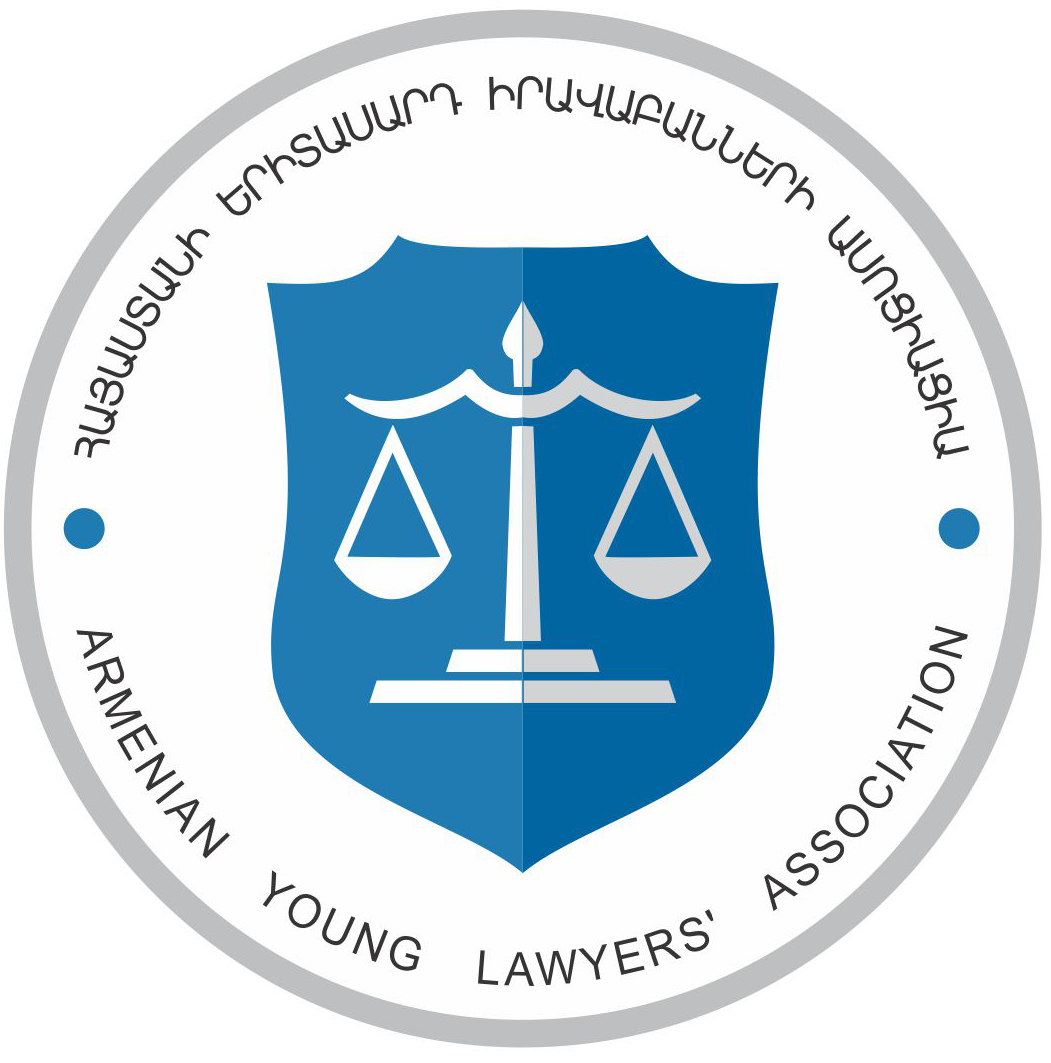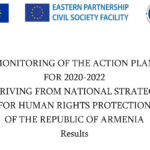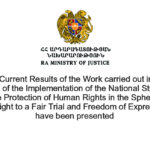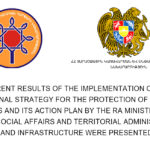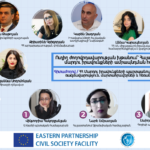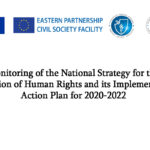How does the Strategy for the Protection of Human Rights envisage ensuring the Prohibition of Torture in Armenia?

Absolute prohibition of torture, inhuman or degrading treatment or punishment is one of the fundamental human rights enshrined in various international legal acts and the Constitution of the Republic of Armenia.
No one shall be subjected to torture or to cruel, inhuman or degrading treatment or punishment, which means that torture, inhuman or degrading treatment or punishment, including corporal/physical punishment, cannot be justified.
Despite legislative reforms in the fight against torture in recent years and the introduction of practical mechanisms for their implementation, there are still a number of legislative and practical gaps and problems in Armenia that do not fully ensure effective protection and guarantee of this right. Taking into account these issues, the “National Strategy for the Protection of Human Rights and its Implementation Action Plan for 2020-2022” approved by the RA Government on 26 December 2019, envisage various steps aimed at eliminating legislative gaps, prevention and strengthening effective institutional structures of examination, necessary logistics and development of the capacity of those responsible for the sector.
These measures are aimed to focus at people in particular at risk of being subjected to torture, first of all those deprived of their liberty, as well as to provide protection against torture in order to protect people such as children, the mentally ill, and the elderly in other closed or semi-closed institutions. As a result, the number of criminal cases initiated on the basis of torture sent to the Court is expected to increase by at least 5%.
In order to achieve the mentioned goals, it is planned to carry out the following actions in 2020-2022:
- Acquire affordable vehicles to transport detainees (including those with special needs and people with disabilities) in accordance with international standards, which will reduce the incidence of ill-treatment of arrested and detainees.
- Legislatively provide limitations for application of the limitation period for the crime of torture, which will reduce the number of cases of torture, denial to institute a criminal case and/or termination of criminal proceedings against them.
- Develop guidelines on the use and interpretation of the terms “severe physical pain” and “mental suffering” in accordance with international standards, which will reduce the number of cases of torture, denial to institute a criminal case and/or termination of criminal proceedings against them.
- Repair penitentiary cells in accordance with international standards, which will improve the conditions for detention of persons deprived of liberty, and will reduce the risks of inhuman or degrading treatment of persons deprived of their liberty.
- Equip special cells in penitentiaries for suicidal persons, as a result of which the number of suicides in penitentiaries will decrease.
- Create a mechanism for anonymous reporting of torture, inhuman or degrading treatment or punishment, which will reduce the number of cases of torture, inhuman or degrading treatment in the Armed Forces, penitentiaries, psychiatric institutions, and childcare facilities will decrease.
- Ensure effective psychological, social and legal enforcement mechanisms for victims of abuse, as a result, victims of torture and other ill-treatment will be provided with rehabilitation services by the state, including medical, psychological, social and legal, as well as guarantees for the restoration of the rights of victims of torture.
- Install video recordings means in the RA Police and Military Police Departments, as a result of which the cases of torture, inhuman or degrading treatment will be reduced, and the video recordings will be used as evidence in criminal cases.
- Increase the number of rooms for asylum seekers, which will reduce the number of inhumane or degrading treatment against asylum seekers.
- Improve the conditions of the cells of the courts for persons deprived of their liberty in accordance with international standards, as a result of which the cases of inhuman or degrading treatment of persons deprived of their liberty will be reduced.
- Regulate the conditions of placement of persons deprived of their liberty in the cells for deprived persons at courts, clarifying the functions of judicial bailiffs and the functions of the accompanying unit of police, as a result of which the cases of inhuman or degrading treatment of persons deprived of liberty will be reduced.
- Replenish the staff of the Special Investigation Service with operative employees, as a result of which the efficiency of the investigation of criminal cases will be increased, excluding the need to apply to the employees of other bodies of the investigation.
- Raise awareness about therights of people with mental health problems, which will reduce the number of cases of inhumane or degrading treatment of people with mental health problems, and violations of other rights.
- Legislatively ban corporal/physical punishment of children, which will reduce the number of cases of violence against children.
- Conduct trainings on the topic of torture, inhumane or degrading treatment in accordance with international standard for the staff of the police, military police, investigators, prosecutors, judges, psychiatrists, childcare workers, penitentiary staff and medical staff, which will reduce torture, inhumane or cases of degrading treatment.
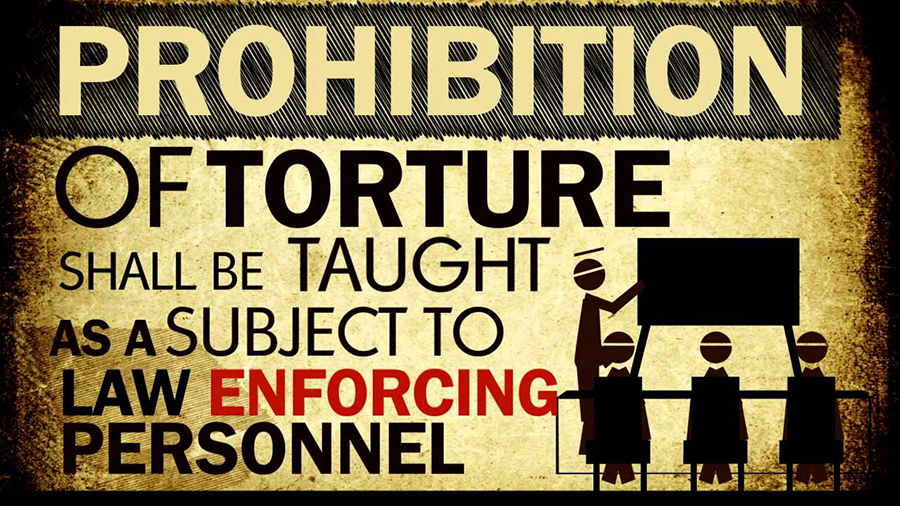
Prohibition of torture as a priority, and the actions envisaged under it, are aimed at achieving the UN Sustainable Development Goal No. 16, which is: “significantly reduce all forms of violence and related death rates everywhere.” (16,1)
This publication has been produced in the scope of the “Promoting Direct Democracy for Strengthening Human Rights in Armenia” project implemented in the framework of the “Eastern Partnership Civil Society Facility” project funded by the European Union
The contents of this publication are the sole responsibility of the fellow for the “Promoting Direct Democracy for Strengthening of Human Rights in Armenia” project and do not necessarily reflect the opinion of the European Union.
